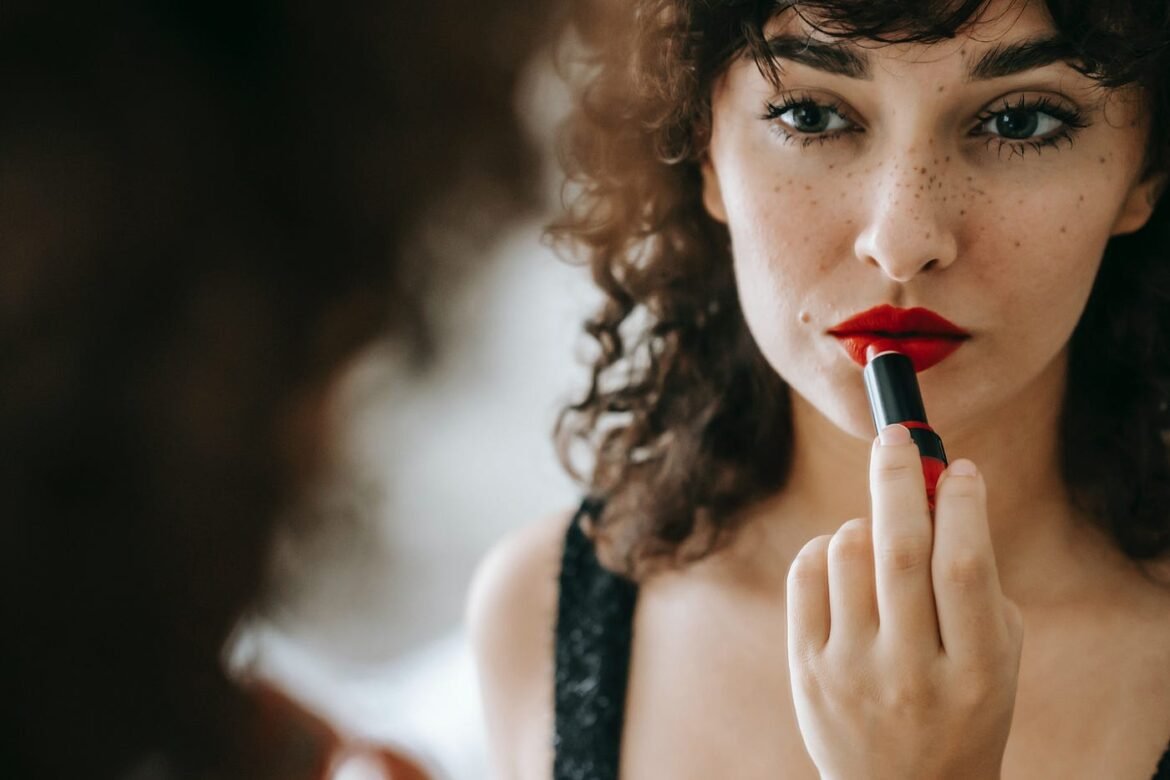Introduction
Makeup is more than just colors, powders, and brushes—it’s a powerful tool that influences how we see ourselves and how others perceive us. Beyond enhancing physical features, makeup often boosts self-esteem and plays a role in confidence, self-expression, and even social interactions.
This article explores the psychological side of beauty, explaining why makeup impacts our confidence and why it has become an important part of many people’s daily routines.
Makeup as a Tool for Self-Expression
Makeup allows people to express their personality and creativity.
- Bold lipstick may represent power or playfulness.
- Soft natural looks may communicate professionalism or approachability.
- Artistic makeup styles showcase individuality.
When people feel they’re presenting themselves authentically, confidence naturally grows.
The Role of Perception in Confidence
Studies have shown that makeup can influence how others perceive us:
- People wearing makeup are often seen as more competent, trustworthy, and attractive.
- Subtle makeup can enhance professionalism in workplace settings.
- First impressions may be more favorable with a polished appearance.
This perception doesn’t just affect how others see us—it feeds back into how we feel about ourselves.
Makeup and Self-Esteem
Makeup creates a sense of control and empowerment:
- Covers blemishes, scars, or discoloration that may cause insecurity.
- Provides a confidence boost in social or professional settings.
- Helps some people feel “ready” to face the day.
Even the act of applying makeup can be therapeutic—a form of self-care and mindfulness.
Cultural and Social Influences
The psychology of beauty is also shaped by cultural norms:
- In many societies, makeup is tied to standards of femininity and attractiveness.
- Social media and beauty trends encourage experimentation and expression.
- Some individuals resist these pressures and use makeup on their own terms, making it empowering rather than restrictive.
Makeup as a Confidence Ritual
For many, makeup application becomes a ritual that signals transformation:
- From tired to refreshed.
- From casual to professional.
- From shy to bold.
This ritualistic element reinforces feelings of confidence and readiness.
Is Confidence Only Skin Deep?
While makeup can boost external confidence, true self-esteem must also come from within. Over-reliance on cosmetics may cause insecurity when not wearing makeup. Balance is key:
- Makeup should enhance confidence, not define it.
- Embracing natural beauty alongside makeup use encourages healthier self-image.
Conclusion
Makeup plays a unique role in psychology and confidence. It provides a creative outlet, boosts self-esteem, shapes social interactions, and serves as a ritual of empowerment. While makeup can enhance how we feel, it’s most powerful when paired with genuine self-acceptance. True beauty comes from confidence within—but makeup can help us bring that confidence to the surface.
FAQs
Q1: Does makeup really make people more confident?
Yes. Many studies and personal experiences show that makeup enhances self-esteem and boosts confidence in social and professional settings.
Q2: Can relying too much on makeup hurt confidence?
Yes, if someone feels uncomfortable without it. Striking a balance is key.
Q3: Why do people feel “ready” with makeup on?
Because makeup acts as a ritual and transformation, signaling preparedness for the day.
Q4: Is makeup only about beauty?
No. It’s also about self-expression, creativity, and empowerment.
Q5: Can men experience the same confidence boost with makeup?
Absolutely. Makeup is for everyone—regardless of gender—and can empower anyone who uses it.

